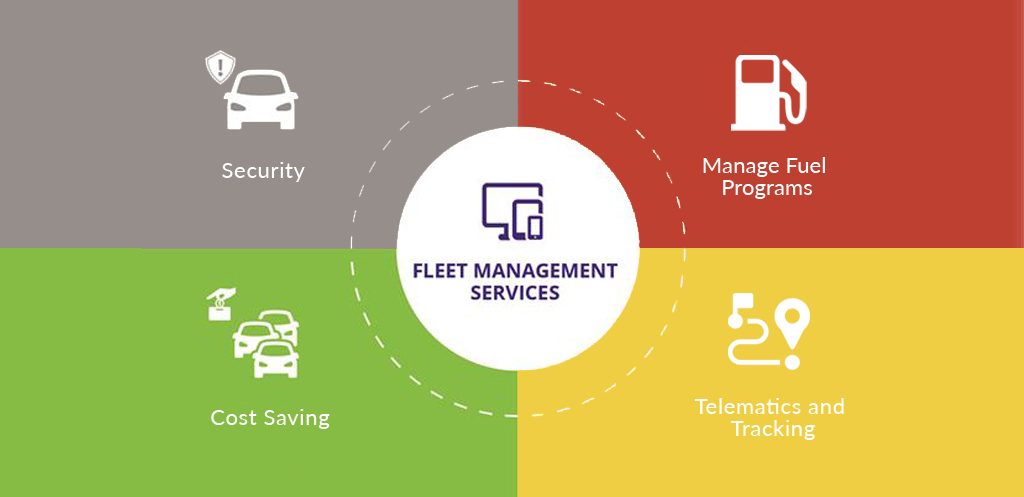
Image Source: Google
GPS tracking devices have revolutionized the way we navigate and track vehicles, assets, and shipments. These innovative devices provide real-time data, improve efficiency, and enhance safety in the transportation industry. Let's explore how GPS tracking devices are transforming the world of transportation.
1. Real-Time Tracking and Monitoring
GPS tracking devices offer real-time tracking and monitoring of vehicles and assets, providing accurate location data at any given moment. This feature allows businesses to optimize routes, improve scheduling, and enhance overall operational efficiency.
Benefits:
- Improved fleet visibility
- Enhanced security and theft prevention
- Efficient route planning
2. Enhanced Fleet Management
GPS tracking devices enable fleet managers to monitor vehicle performance, driver behavior, and maintenance schedules. With detailed insights provided by these devices, companies can streamline operations, reduce costs, and ensure compliance with regulations.
Benefits:
- Optimized fuel consumption
- Increased driver accountability
- Proactive maintenance planning
3. Improved Customer Service
By utilizing GPS tracking devices, transportation companies can provide customers with accurate delivery estimates, real-time updates, and improved communication throughout the shipping process. This results in enhanced customer satisfaction and loyalty.
Benefits:
- Reduced delivery times
- Increased transparency
- Enhanced customer experience
4. Route Optimization
GPS tracking devices help optimize routes by analyzing traffic patterns, road conditions, and weather forecasts. This feature ensures that drivers take the most efficient paths, reducing fuel consumption, emissions, and delivery times.
Benefits:
- Minimized fuel costs
- Reduced environmental impact
- Faster delivery times
5. Increased Safety and Security
GPS tracking devices enhance safety by monitoring driver behavior, providing emergency assistance, and enabling quick response in the event of accidents or theft. These devices help ensure the well-being of drivers, assets, and cargo.
Benefits:
- Proactive risk management
- Quick emergency response
- Theft prevention
6. Compliance with Regulations
GPS tracking devices assist transportation companies in complying with industry regulations and standards by tracking driver hours, monitoring vehicle maintenance, and recording route histories. This ensures that businesses operate within legal boundaries and avoid penalties.
Benefits:
- Regulatory compliance
- Accurate record-keeping
- Improved safety standards
7. Asset Tracking and Management
GPS tracking devices enable businesses to track and manage assets such as containers, trailers, and equipment more effectively. By monitoring the location and status of assets in real-time, companies can prevent loss, theft, and misuse.
Benefits:
- Enhanced asset visibility
- Preventative maintenance scheduling
- Cost-effective asset utilization
8. Environmental Impact Reduction
GPS tracking devices contribute to reducing the environmental impact of transportation by optimizing routes, minimizing fuel consumption, and decreasing emissions. This sustainability-focused approach benefits both businesses and the planet.
Benefits:
- Lower carbon footprint
- Energy efficiency
- Green transportation practices
9. Data-Driven Decision Making
GPS tracking devices generate valuable data on vehicle performance, driver behavior, and operational efficiency. By leveraging this data, transportation companies can make informed decisions, identify areas for improvement, and optimize processes for better outcomes.
Benefits:
- Data-driven insights
- Performance optimization
- Continuous improvement
10. Integration with Other Technologies
GPS tracking devices can be seamlessly integrated with other technologies such as IoT, AI, and predictive analytics to further enhance transportation operations. This integration leads to increased automation, efficiency, and innovation in the industry.
Benefits:
- Advanced analytics capabilities
- Predictive maintenance solutions
- Smart transportation systems